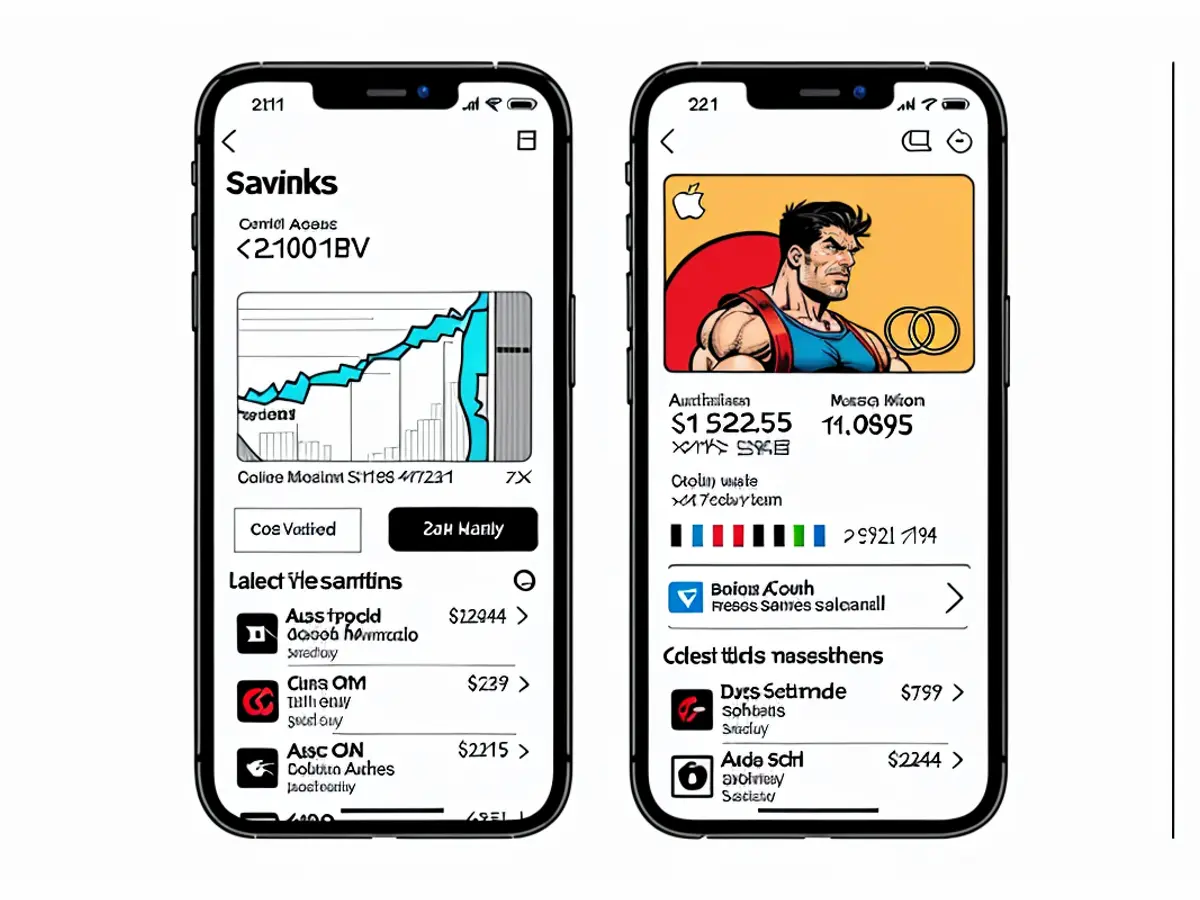Apple and Goldman Sachs are mandated to shell out a sum of $89 million due to shortcomings in Apple Card services.
The Consumer Financial Protection Bureau (CFPB) pointed out that Apple failed to forward thousands of Apple Card dispute claims to Goldman Sachs. When Apple eventually notified Goldman of these disputes, the bank neglected to adhere to various federal guidelines for investigating the issues, according to the CFPB.
The CFPB alleged that both companies commenced their credit card venture prematurely, despite warnings from third parties about the unreadiness of the disputes system due to technical issues.
As a result, consumers encountered extended waits to secure refunds for disputed payments, and some dealt with misleading credit report entries.
The CFPB also accused the companies of deceiving customers concerning interest-free financing plans for Apple gadgets, such as the iPhone. These financing plans were not entirely interest-free.
Goldman Sachs was charged a $45 million fine and must compensate customers with $20 million in reparations. Apple was penalized $25 million.
The CFPB also barred Goldman Sachs from debuting a new credit card, contingent upon their ability to demonstrate that the product will abide by the law.
Goldman Sachs and Apple did not promptly respond to a request for comment.
In a 2022 SEC filing, the bank disclosed that the CFPB was investigating its "credit card account management practices," such as its handling of refunds and billing disputes.
The fine represents another setback for Goldman's faltering consumer lending sector – this year, it also terminated its credit card partnership with General Motors, replacing it with Barclays.
The Apple Card, issued by Goldman Sachs and running on the Mastercard network, went live in August 2019. By September 30 of that year, Goldman had already extended $10 billion in loans, and customers had an outstanding loan balance of $736 million.
Goldman expanded into the retail consumer sector after launching its online Marcus brand in 2016. Marcus offered unsecured personal loans, including to individuals struggling with credit card debt.
In April 2023, Apple announced their plan to offer Apple Card holders a 4.15% high-yield savings account with Goldman Sachs. They may deposit both the 3% cash back they receive from utilizing the Apple Card on select purchases, as well as any additional savings they wish to put away.
The Consumer Financial Protection Bureau (CFPB) highlighted that Apple and Goldman Sachs needed to improve their business practices in managing credit card disputes and billing issues.
In their 2022 SEC filing, Goldman Sachs disclosed that the CFPB was investigating their business strategies regarding credit card account management, specifically focusing on refunds and billing disputes.








